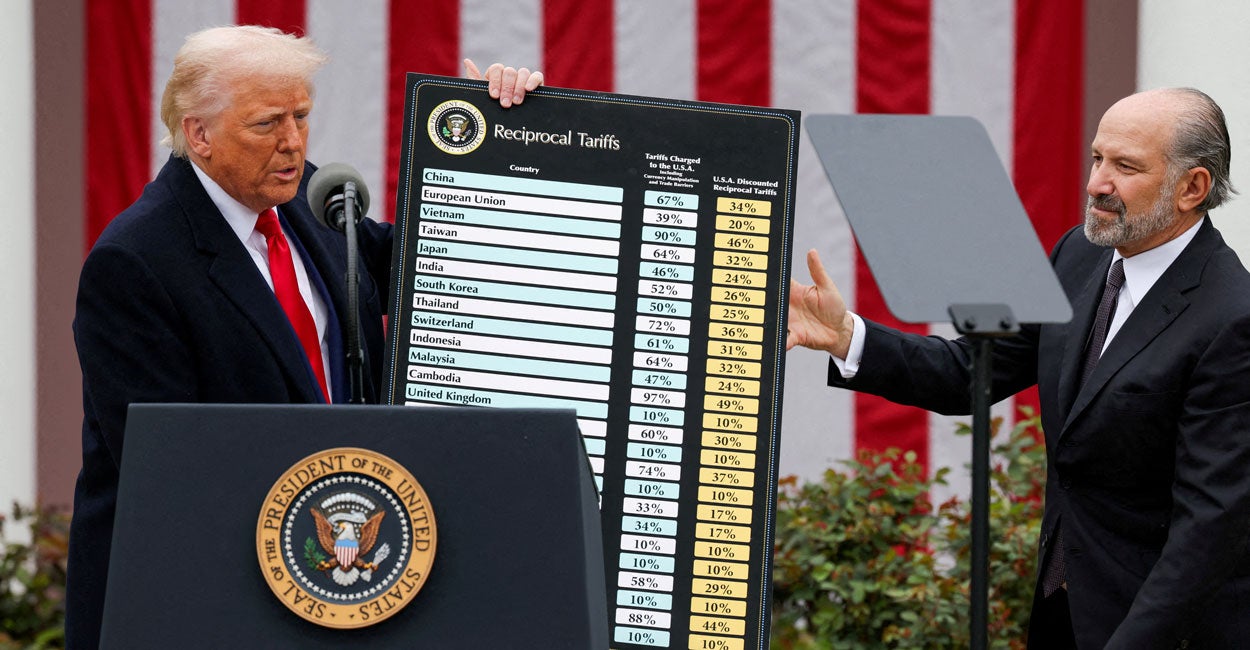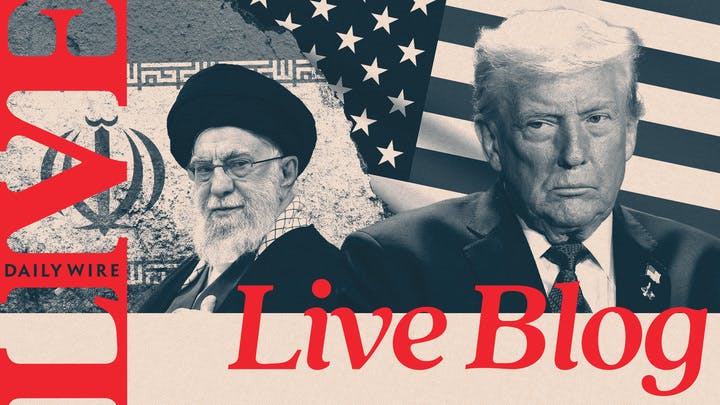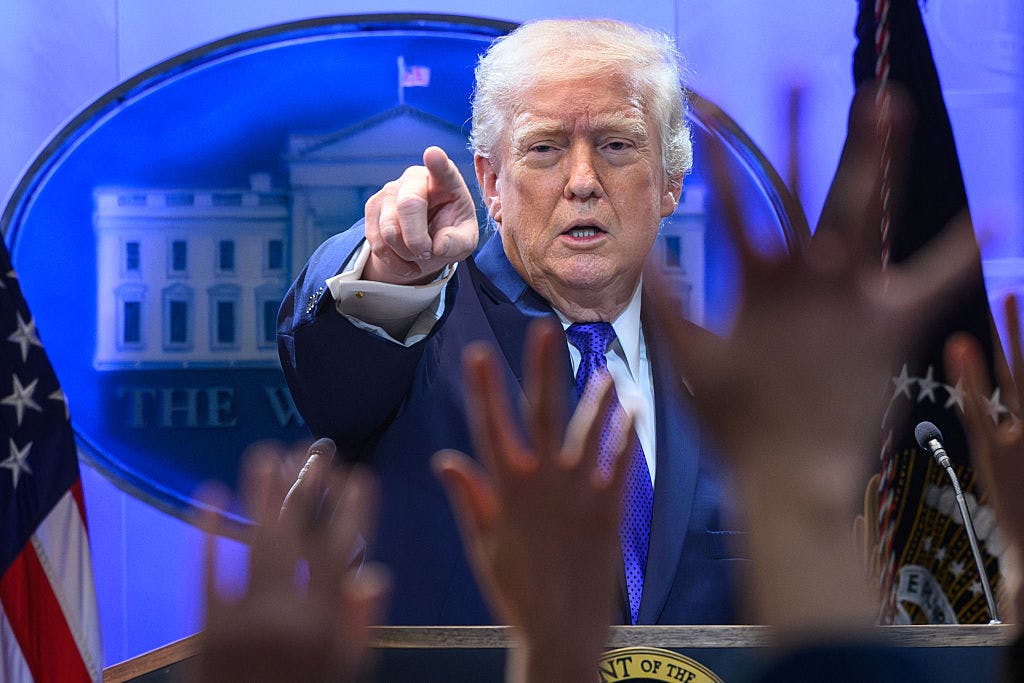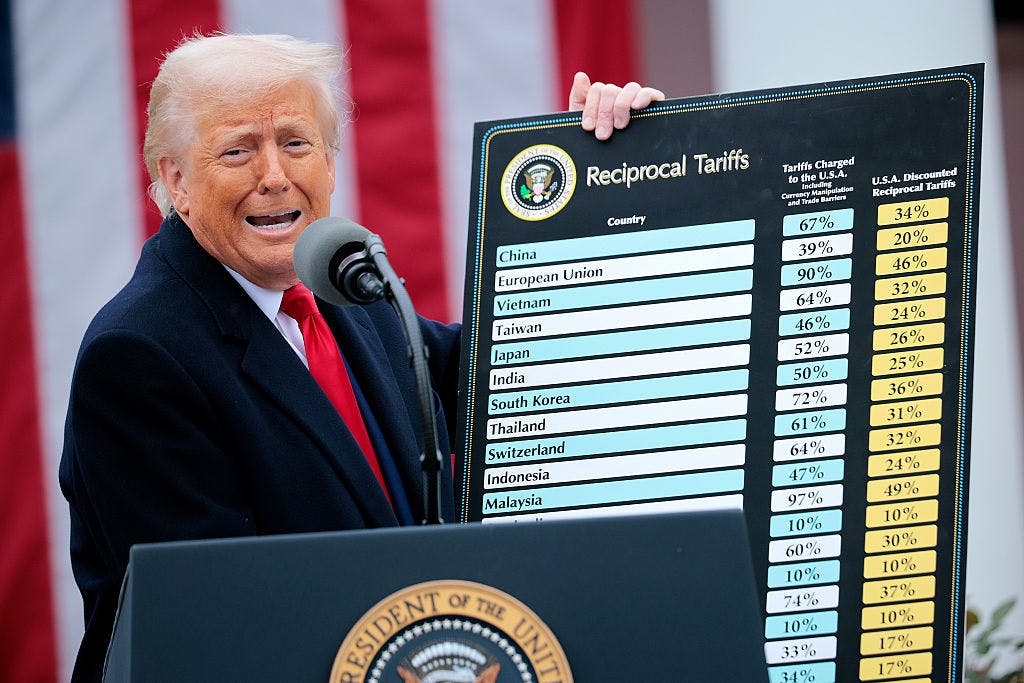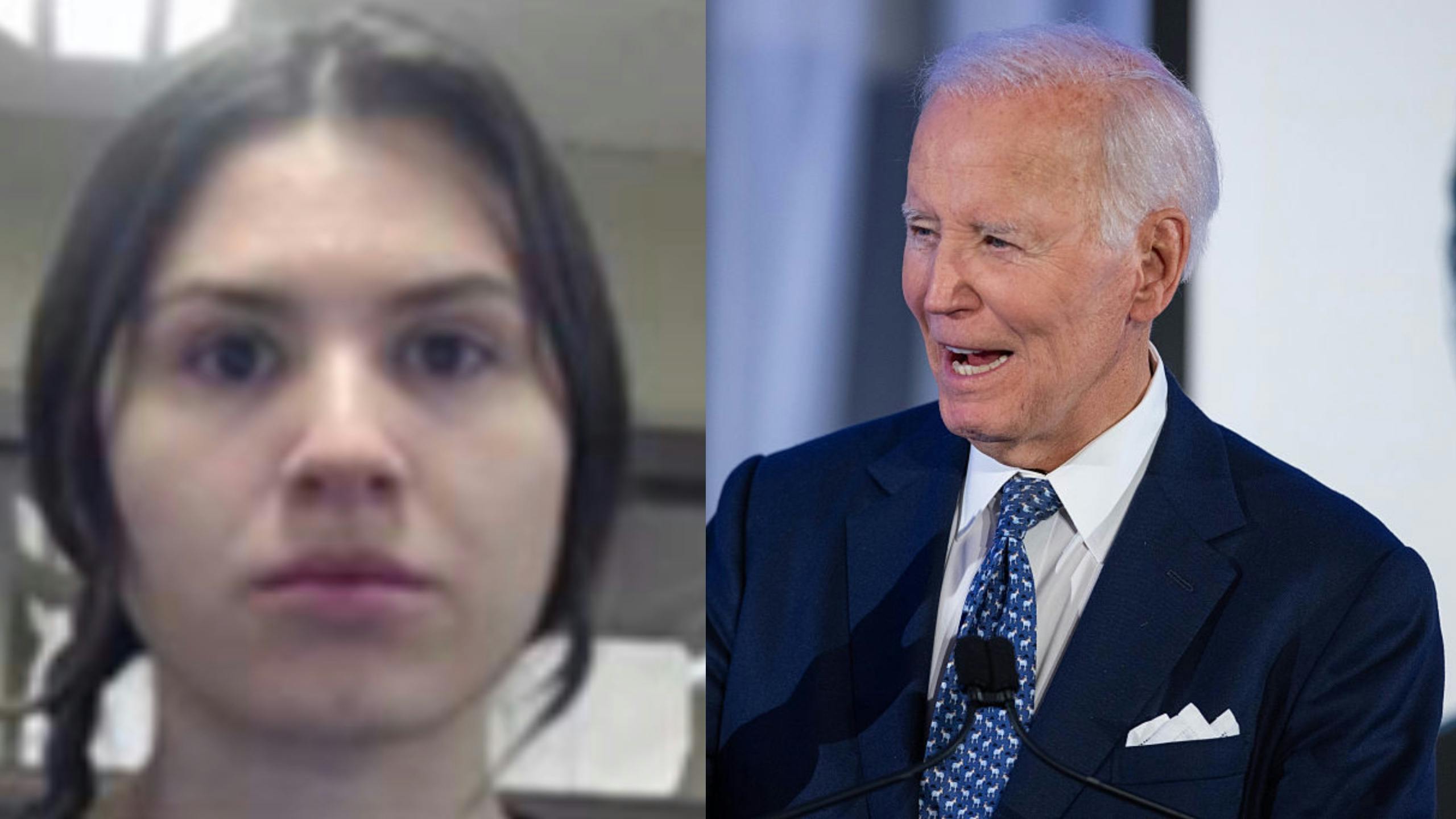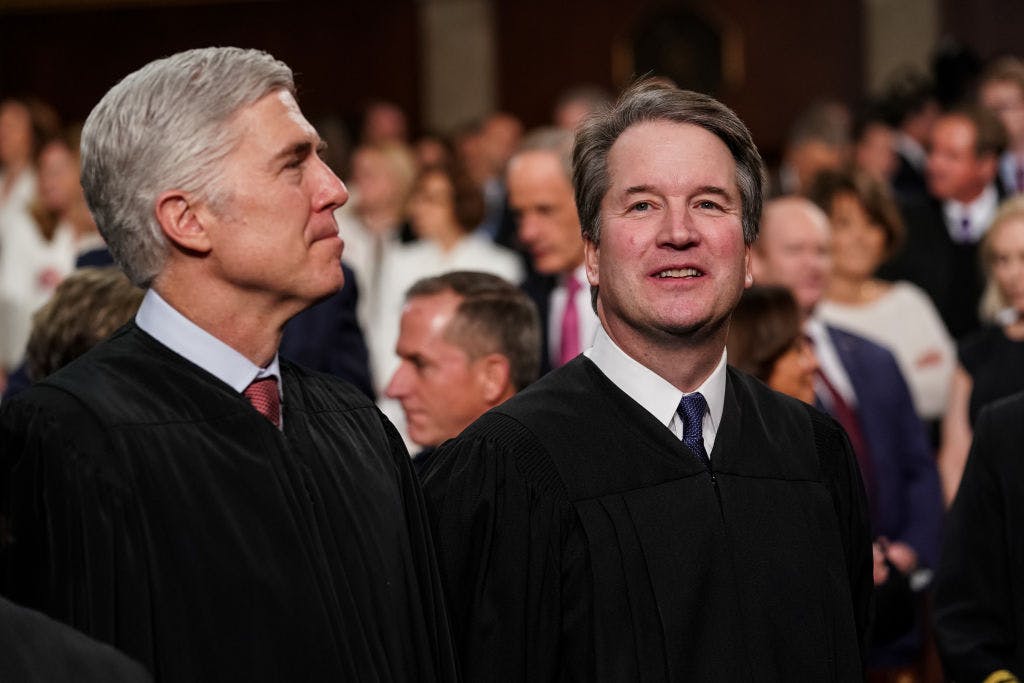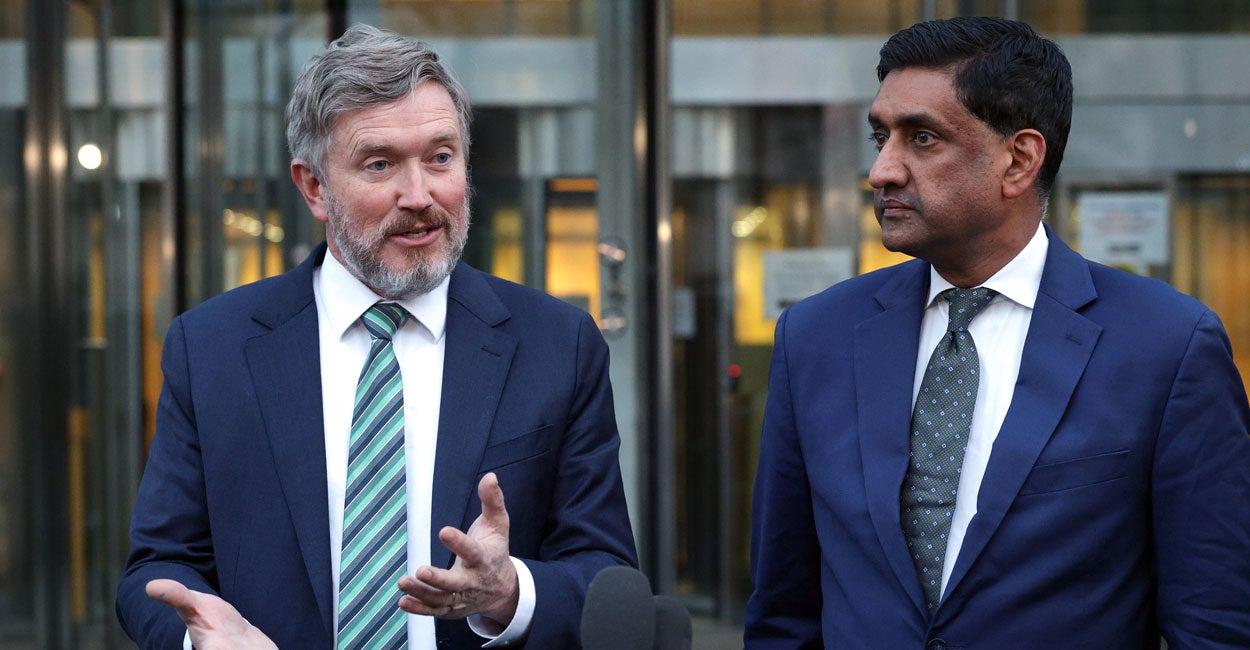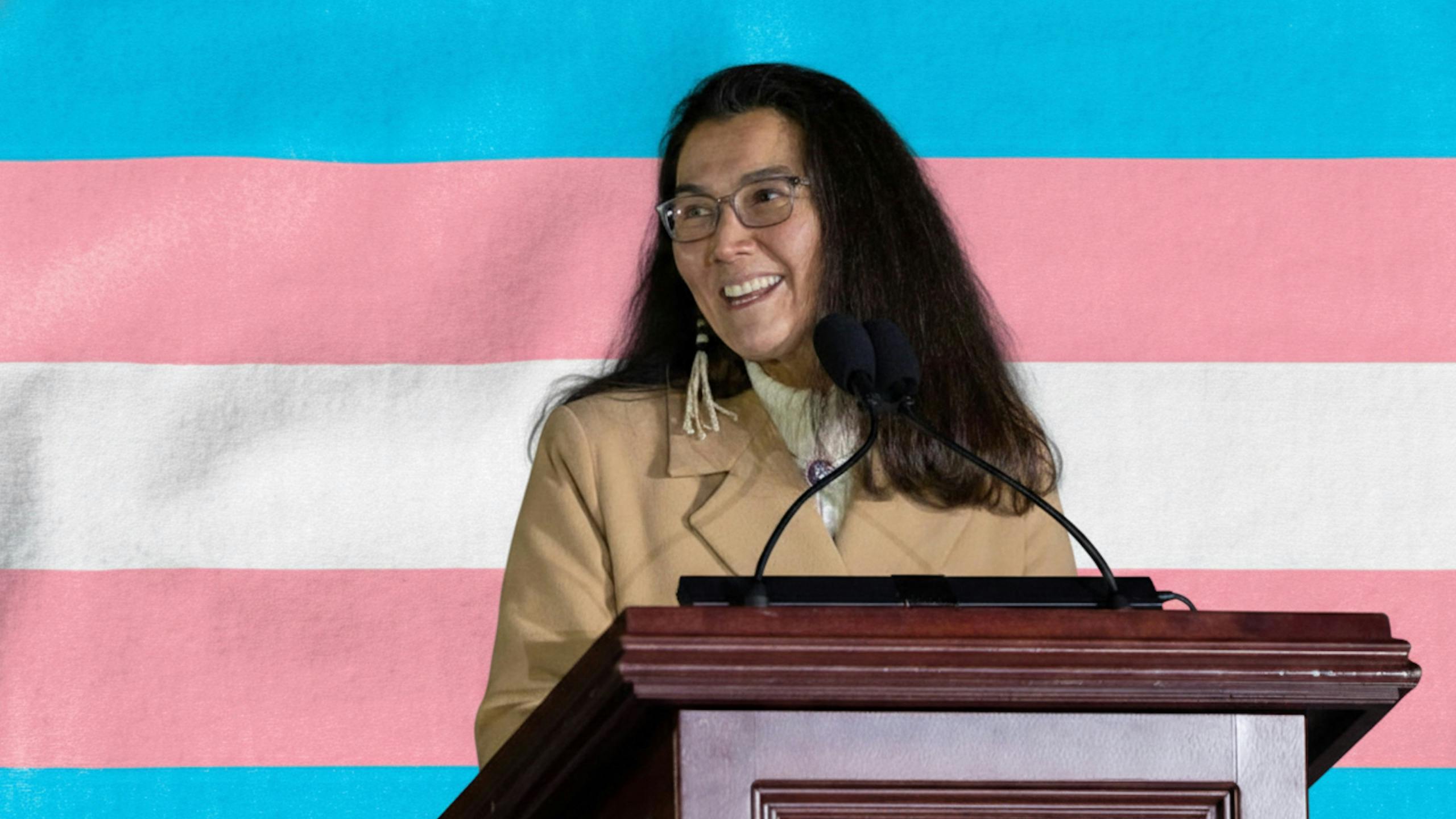AI Chats Helped Catch an Arsonist—Now They Could Be Used Against You
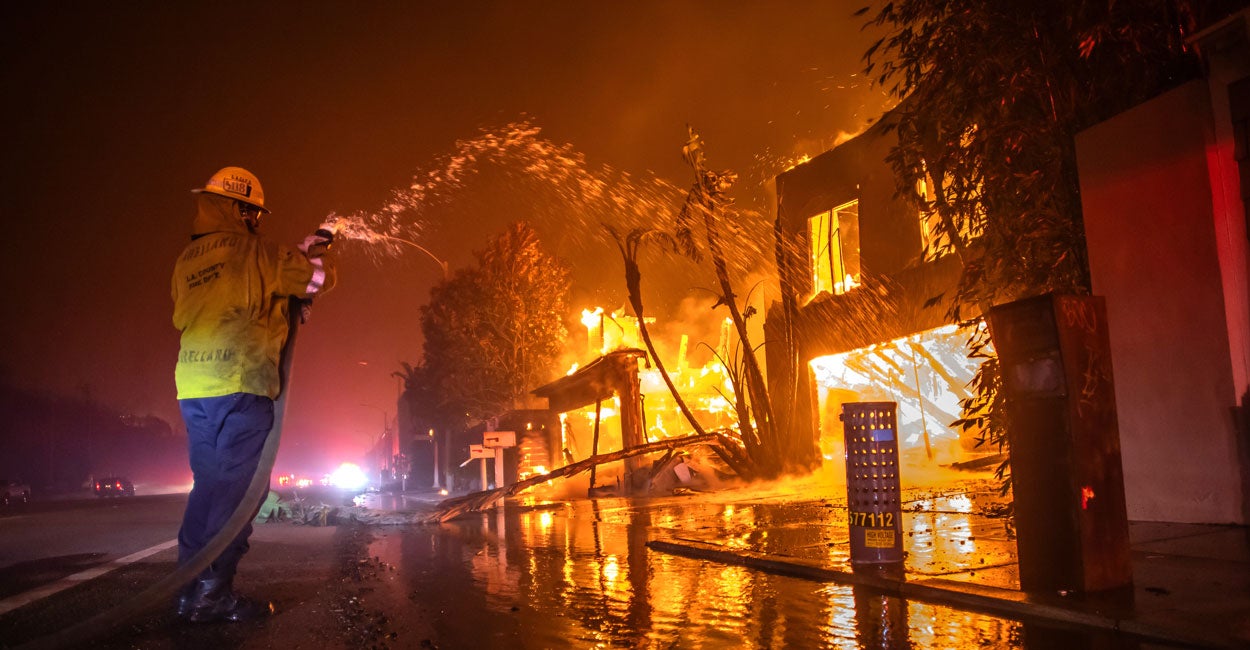
In Pacific Palisades, neighbors are still haunted by what they saw last January when the night sky turned blood orange. The air crackled with panic as families fled, clutching photos and pets, watching wildfire erase homes, memories, and 12 precious lives. For months, all anyone has wanted is justice and a way to feel safe again.
Live Your Best Retirement
Fun • Funds • Fitness • Freedom
That justice came last week, but not the way anyone expected. The break in the case didn’t come from a brave bystander or a lucky tip. It came from a chatbot. The accused, authorities say, was a rideshare driver obsessed with fire—who left behind a digital trail of chats that even wildfire couldn’t erase. In the weeks leading up to the fire, he fed ChatGPT questions and scenarios about destruction, even typing frantic apparent confessions the night the flames rose.
In the end, the witness that really talked was the one nobody saw. The “digital confessional” is the star on the stand. Families are cheering, and rightly so. Artificial Intelligence did the job. An accused arsonist is finally in custody. Closure, that rarest and most needed reward in tragedy, is finally within reach.
But this isn’t just a story of justice served. It’s a warning. The AI that caught a madman wasn’t simply doing its civic duty. Like an informant in a mob movie, that same assistant wore a virtual “wire,” recording every secret. And if AI can put an arsonist behind bars, it can just as easily rat out the rest of us.
Every day, millions of Americans trust AI with their mistakes, fears, and rawest feelings. Parents seek reassurance about a sick child at midnight. Patients type desperate questions they are too scared to ask out loud. Workers vent about their bosses, couples brainstorm apologies, students admit errors hoping for help. All those keystrokes live somewhere, often nowhere near as private as imagined.
Picture a custody fight where one parent’s chatbot transcript is handed over by court order. Picture an insurer scouring records to challenge a claim, digging for “contradictions” in someone’s AI venting. Picture a daughter denied a scholarship after an algorithm reveals an essay was brainstormed with AI.
Courts and lawmakers are waking up. Recent rulings have forced tech companies to preserve every digital chat log, fueling privacy lawsuits and discovery fights. The CEO of OpenAI, the company behind ChatGPT, admits these conversations carry no special shield. Users get no more protection than they do with a casual text or an overheard call at Starbucks.
Other countries are catching on. In Britain, courts have warned about AI “evidence,” real or fake, now surfacing in everything from criminal trials to corporate meltdowns.
Don’t get the wrong message. The lesson here isn’t that AI is the enemy. Americans should celebrate when innovation makes us safer and the Palisades families get the justice they deserve. But the public’s relationship with technology is all about trust. If every bot is bugged, who will ever type what really matters again?
Guardrails aren’t the end of progress; they’re the start of it—a way to unlock AI’s full power, not throttle it. We need real warnings that are clearly stated, real deletion rights that are simple and enforceable, and strict rules about when conversations can become evidence, with penalties for anyone who abuses that trust.
In my work, I’ve heard from clients terrified that what they typed or said to AI after a hard day or in a moment of fear could someday upend their businesses and lives. That isn’t paranoia. It’s prudent skepticism about new digital risks Americans never asked for but now must guard against.
The mob knew a thing or two about wires, and so should we. AI has made us safer, smarter, and faster. Unless we act now, we risk turning the best assistant in human history into the world’s nosiest snitch—recording every tap of the screen.
The Palisades case should be remembered as both a triumph of innovation and a clarion call. We can fight crime without letting our own technology turn on us. Let’s build a future where justice and privacy stand side by side—where AI’s greatest role isn’t catching us at our weakest but helping us live braver, freer, and bolder.
That future is as close as the phone in your hand. But unless we set the rules, the wire stays live—and sooner or later, it won’t just be criminal suspects who get caught talking.
We publish a variety of perspectives. Nothing written here is to be construed as representing the views of The Daily Signal.
The post AI Chats Helped Catch an Arsonist—Now They Could Be Used Against You appeared first on The Daily Signal.
Originally Published at Daily Wire, Daily Signal, or The Blaze
What's Your Reaction?
 Like
0
Like
0
 Dislike
0
Dislike
0
 Love
0
Love
0
 Funny
0
Funny
0
 Angry
0
Angry
0
 Sad
0
Sad
0
 Wow
0
Wow
0


